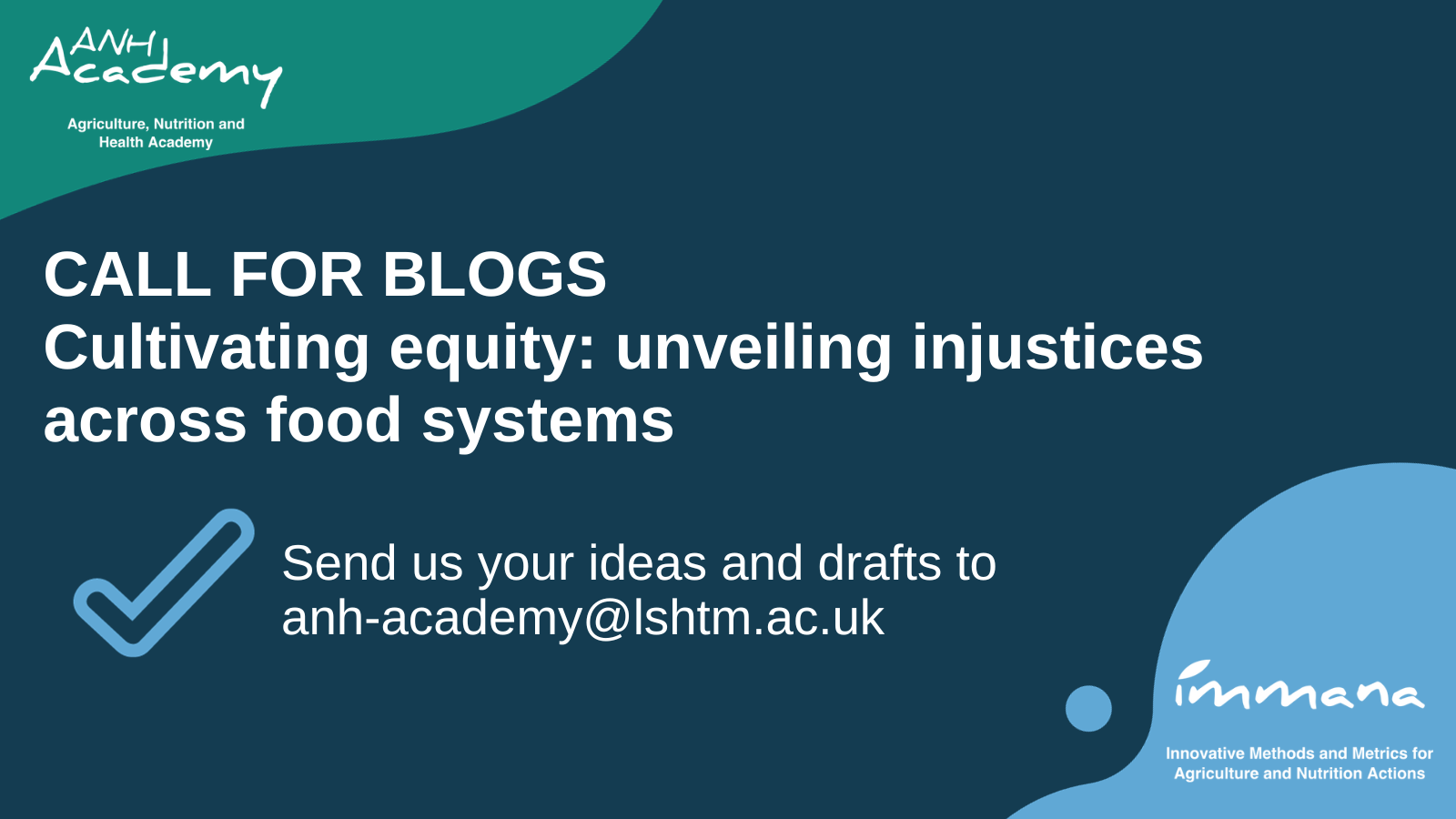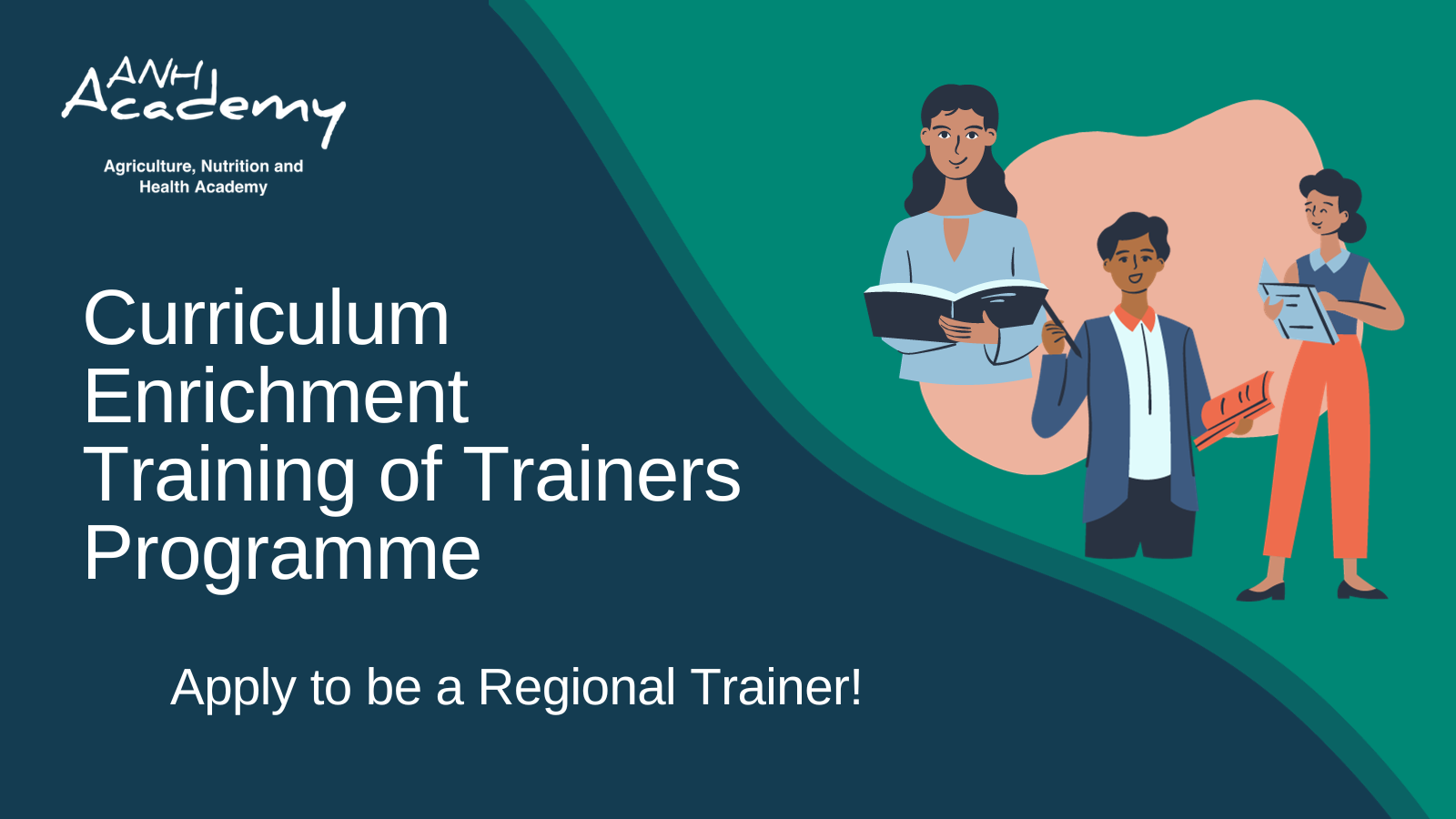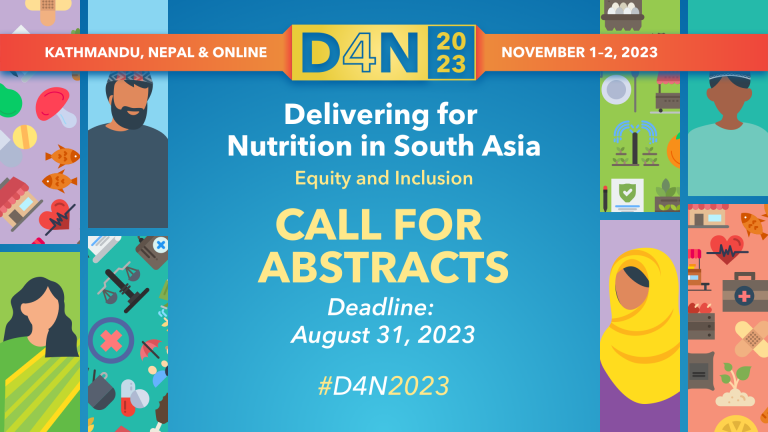11 February marks International Day of Women and Girls in Science. IMMANA is joining in to applaud women scientists involved in the programme.
IMMANA is led by Dr. Suneetha Kadiyala, Associate Professor in Nutrition-Sensitive Development, London School of Hygiene & Tropical Medicine (LSHTM).
Suneetha said: “If you know why nutrition is important, you can’t not want to do everything you can to end maternal and child undernutrition. To me, being a woman in science means contributing to this change I want to see in this world.”
The majority of IMMANA Grants are headed by a female Principal Investigator, and women researchers from across the world are involved in their projects as collaborators. 11 early career IMMANA Fellows are women – again, the majority of our funded scholars. This is a reflection of their scientific excellence, commitment to and passion for agriculture, nutrition and health research.
We have asked a few of them what it means to them to be a woman in science.
Dr. Cynthia R. Matare, IMMANA Fellow, Zimbabwe
Nutrition Scientist and Technical Consultant, Cornell University
IMMANA project: Women's time use, agriculture and nutrition in Zambia
"To me, being a woman in science means hope. Knowing that there are so many obstacles on this path we have chosen, we push forward. Doing research that is relevant to and will better the lives of women. And, being a role model to budding women scientists."
 Dr. Kafui Adjaye-Gbewonyo, IMMANA Fellow, US/ Ghana
Dr. Kafui Adjaye-Gbewonyo, IMMANA Fellow, US/ Ghana
Research Fellow, Harvard University
IMMANA project: Agricultural trade policy, food prices and nutritional disparities in developing countries
"To me, being a woman in science means being able to provide different perspectives and ensure that we have a more complete picture in the questions we ask, the methods we choose to use, and the explanations and interpretations we give to our results."
 Dr. Thalia Sparling, IMMANA Fellow, USA
Dr. Thalia Sparling, IMMANA Fellow, USA
Researcher, Institute of Public Health, Heidelberg University, Germany
IMMANA project: New implementation indicators to measure delivery and uptake of nutrition-sensitive agriculture programmes
“To me, being a woman in science means, first and foremost, using the language of science to support and advocate for people all over the world whose voices, whether hungry or oppressed or shamed or in danger or without means, are not being heard. Many of those people are women. I feel a great responsibility to use science in its most potent form to serve those who cannot compensate their gendered experience in the way that I can.”
Interview: Thalia talks about her experience as a woman in science





